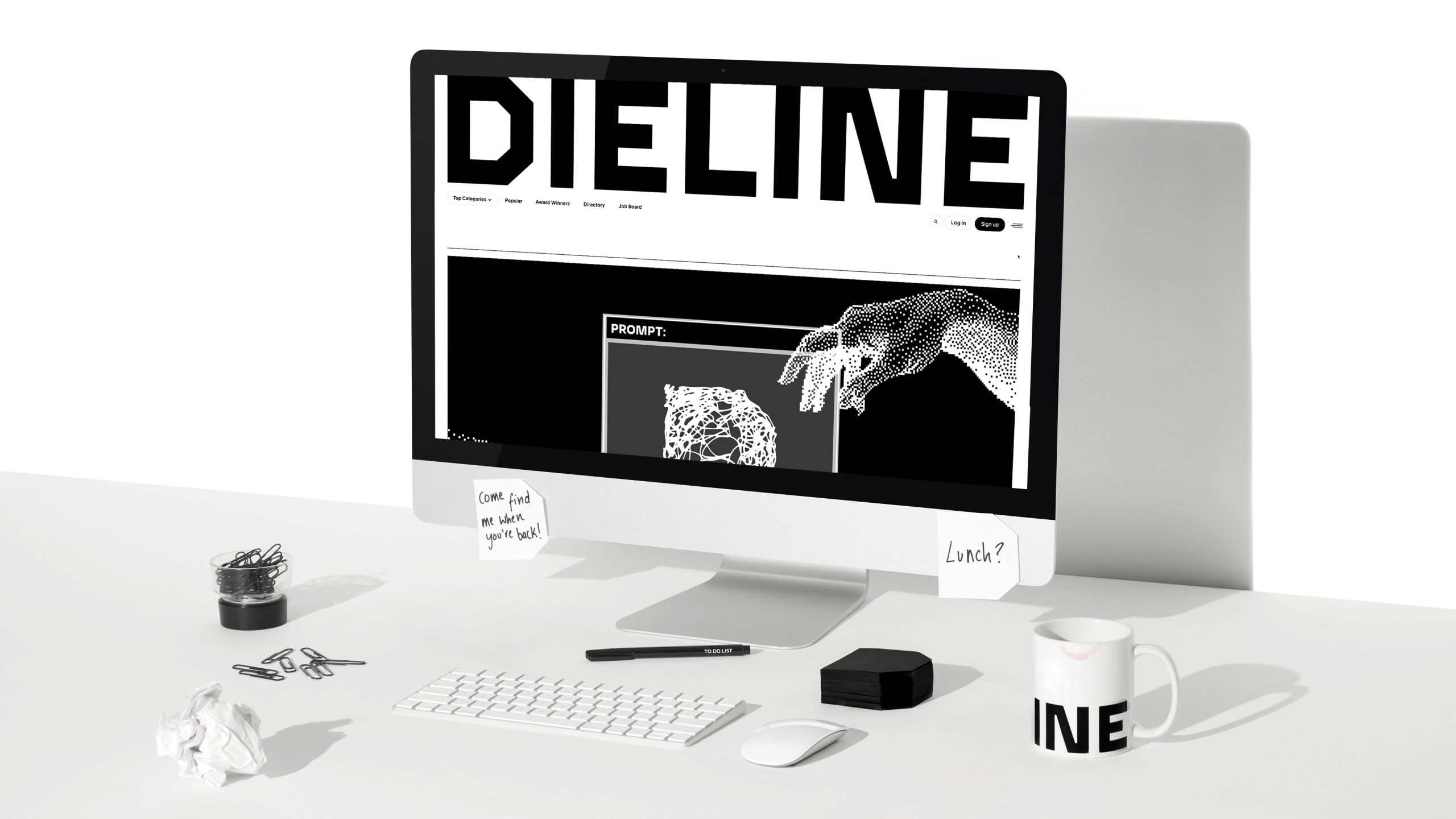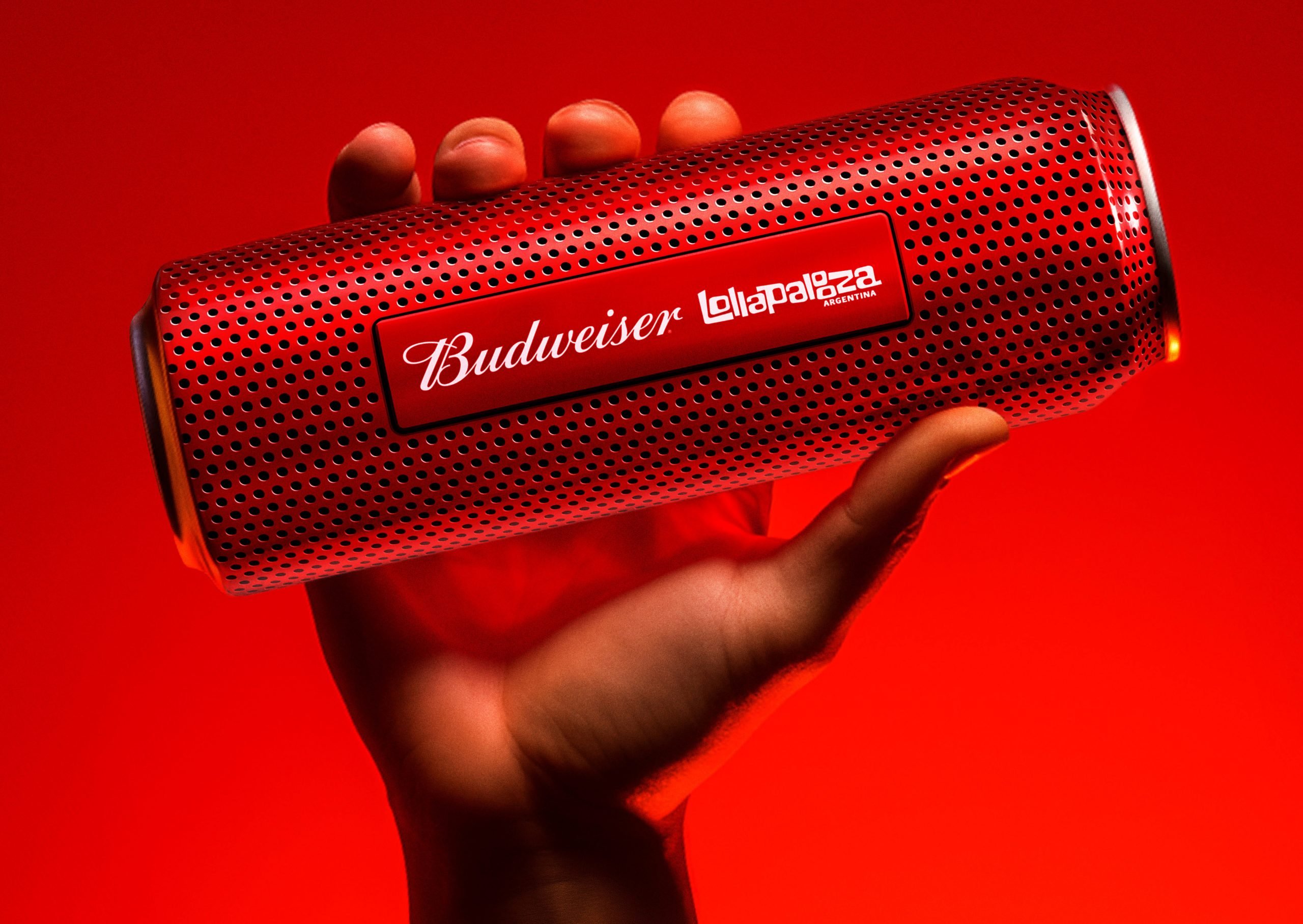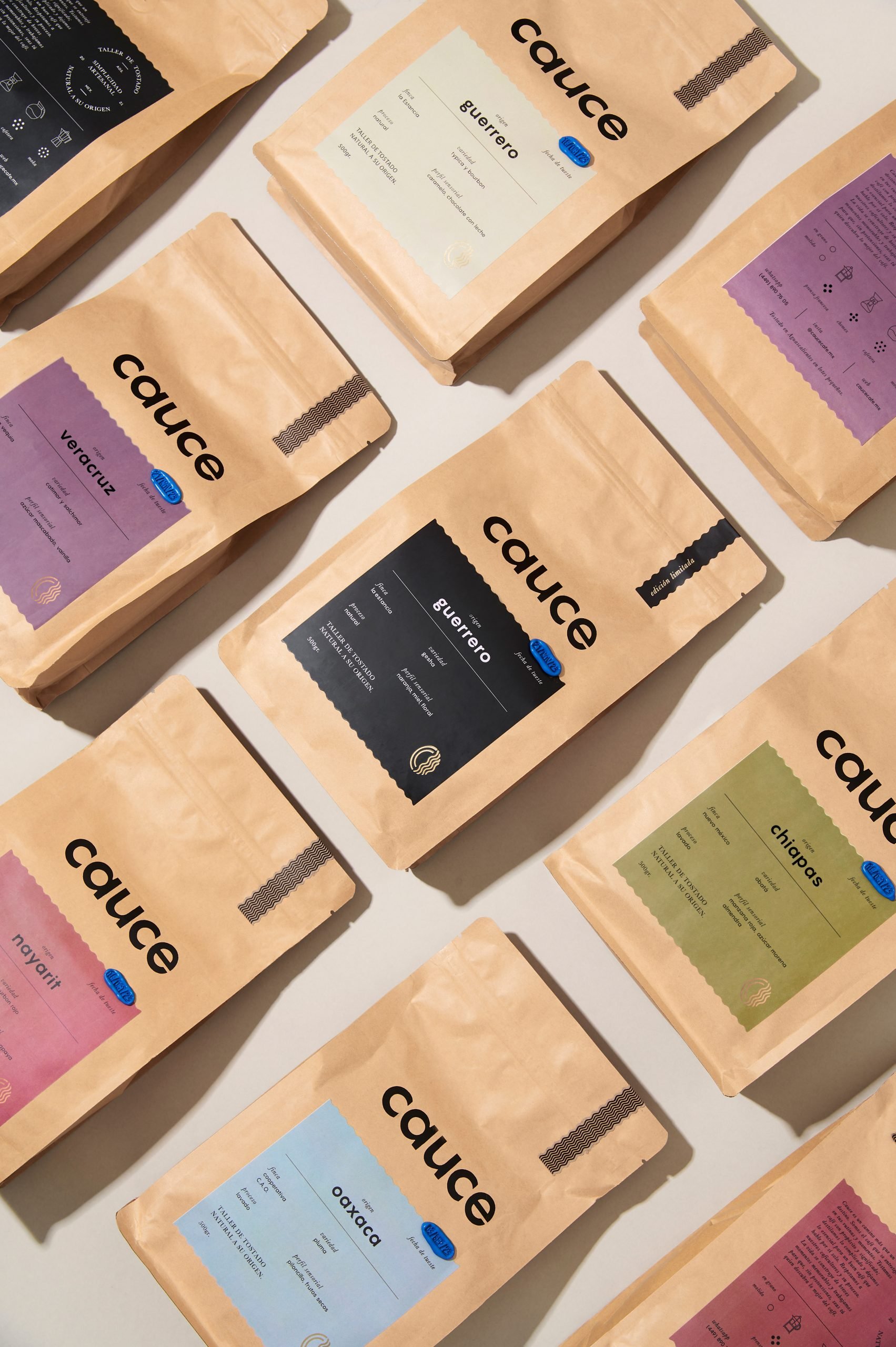It was announced today at the Plastic Health Summit that researchers from the University Medical Centre (UMC) Utrecht discovered that microplastics cause accelerated human cell death and are harmful to our health.
Led by Assistant Professor at the UMC Utrecht Center for Quantitative Immunology Nienke Vrisekoop, the study found that human immune cells that come into contact with microplastics die nearly three times faster than those that donât. This particular type of cell death can potentially trigger an inflammatory response in the human body.
The experiment consisted of covering microplastics in blood plasma placed in a culture dish along with human immune cells; 60% of the cells died within 24 hours of coming within contact of those same microplastics, while only 20% died when they werenât exposed.











